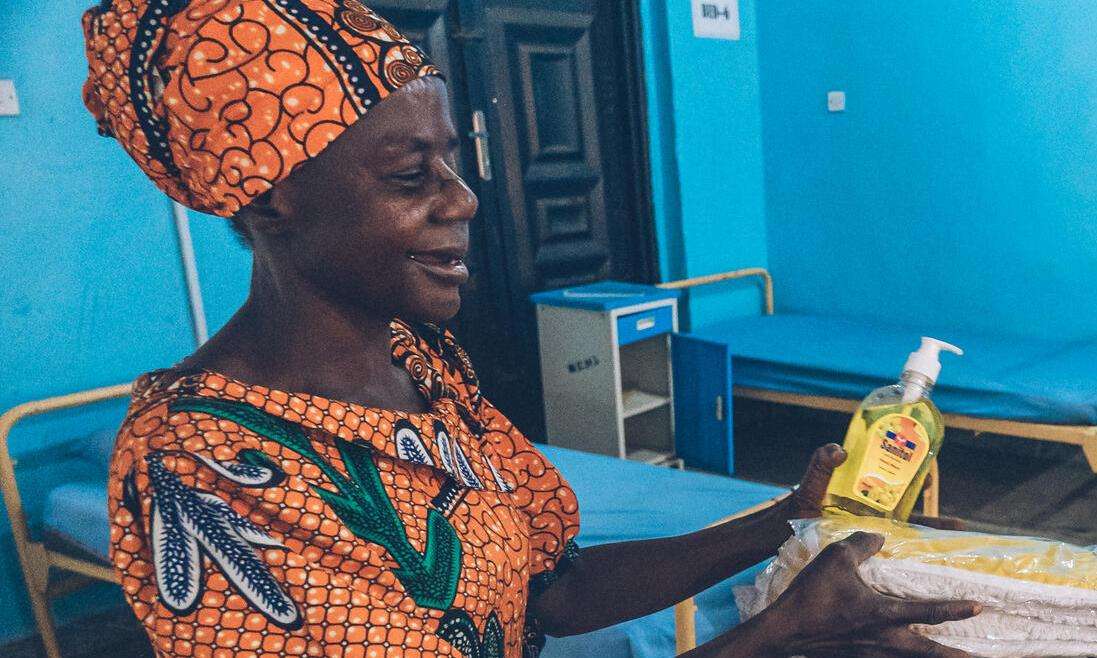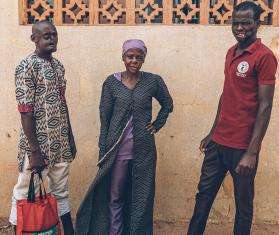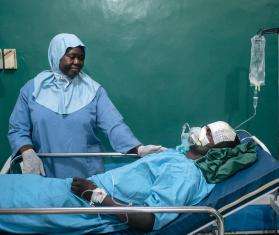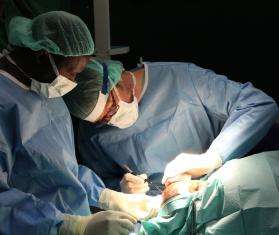I started my life in an awkward way, not like other children. I was living with my grandparents in their village when I was infected by an unknown disease. My grandparents tried what they could, but the disease quickly got worse and destroyed my face.
I was referred to a teaching hospital near my home, where I recovered from the disease. However, it left a deadly mark on my face that hindered me from associating with people in the community. I couldn’t go out, I couldn’t go anywhere. Imagine a life where people are running away from you. I couldn’t look at myself in a mirror or have my picture taken like other people. I lived in loneliness and depression all the time.
Later on, I had surgery in another hospital but multiple attempts to remove the disfigurement failed. The outcome led to more panic and emotional instability for my family and me. I was crying all the time and I often wished I hadn’t survived only to endure the stigma.
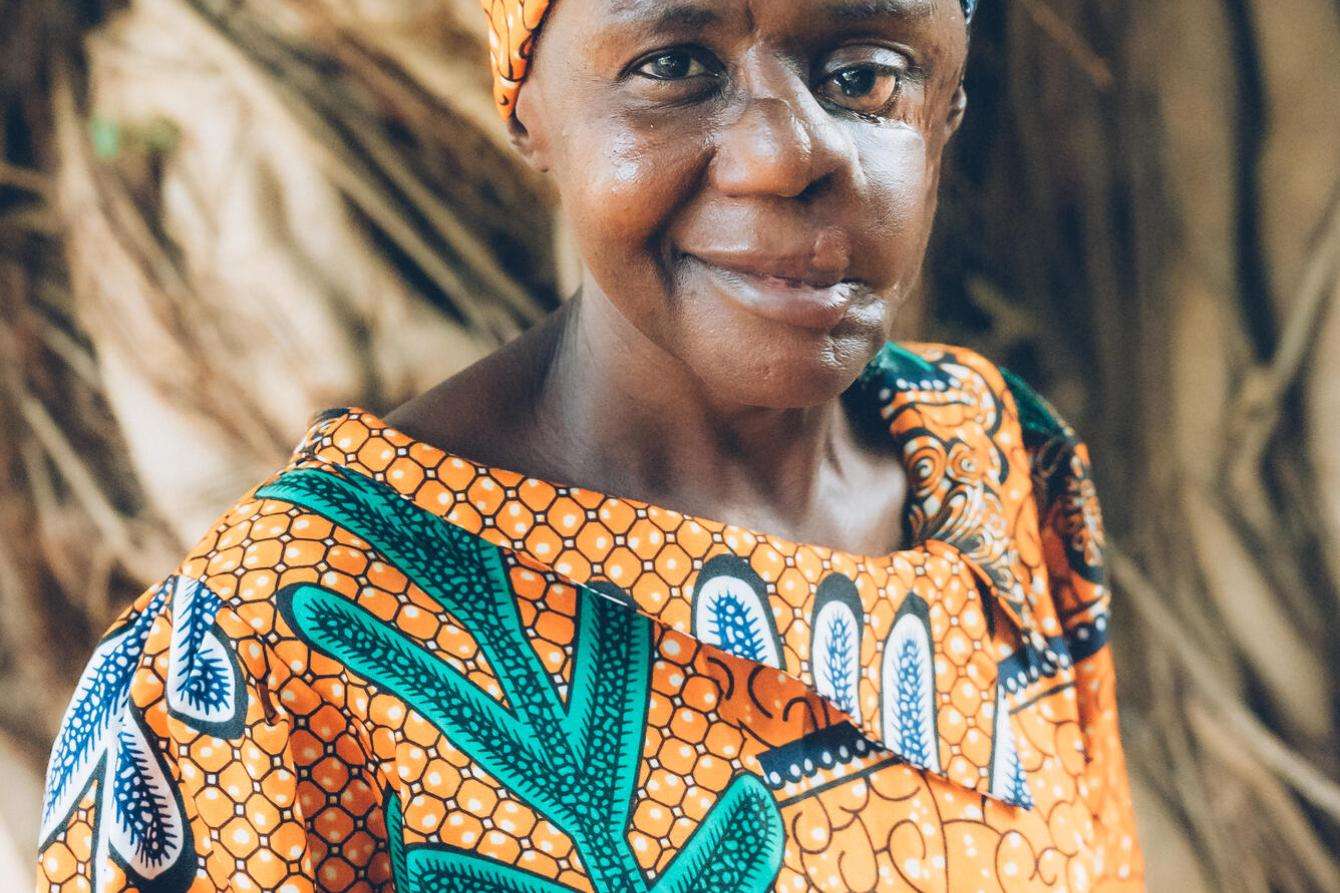
Luckily, I met a professor in Lagos who referred me to Sokoto Noma Hospital, where noma patients are treated for free by teams from MSF. It was a 24-hour drive away. There, I had my first successful plastic surgery.
I had five more rounds of surgery over the next 20 years before getting to this present stage. After that, I finally began to admire myself, to take pictures of myself and to interact with people in the community. I enrolled at school to catch up in life. Still, some students didn’t like to interact with me because of the way I looked.
May 22 05:24 PM
Three noma survivors on living with a neglected tropical disease
After receiving treatment and surgery, noma survivors Muhammadu, Mulikat, and Dahiru decided to become part of the solution in Nigeria.
Read More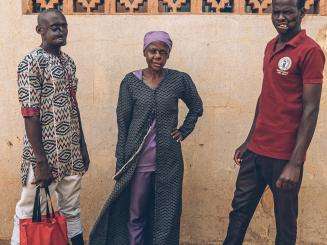
My first job at Sokoto Noma Hospital was as a cook. Later I decided to further my education so that I could have a career. It was tough because I struggled to pay for the classes, but I held on. Today, I have a diploma in health information management.
In January 2018, I started working as a hygiene officer with MSF in Sokoto Noma Hospital, where noma patients are treated for free. I also work in the hospital’s mental health department. Telling my story encourages noma patients and their families to keep on fighting and gives them hope.
In 2022, my journey as a noma advocate took me outside Nigeria for the first time. I got the opportunity to share my story during the World Health Assembly in Switzerland. The Minister of Health of Nigeria was also there and announced that Nigeria was leading the call to add noma to the World Health Organization’s list of neglected tropical diseases. Its inclusion is key to raising awareness globally and to getting the attention that noma deserves.
My motivation to speak out is based on the fact that 90 percent of noma patients die within a few weeks—and that is something we can prevent. It is important to repeat that noma is a preventable and treatable disease that should not exist.
I also co-founded the first noma survivors’ organization, Elysium. Our objective is to support survivors just as we were supported, so they can get a job and livd independent lives. There is ability in disability and there is nothing that we cannot do.
About MSF at Sokoto Noma Hospital
MSF has supported the Nigerian Ministry of Health’s Sokoto Noma Hospital since 2014, providing reconstructive surgery, nutritional support, mental health support, and outreach activities for patients like Mulikat. Since 2014, MSF’s surgical teams have carried out 1,152 surgeries on 801 patients. All services at the hospital are provided free of charge.
